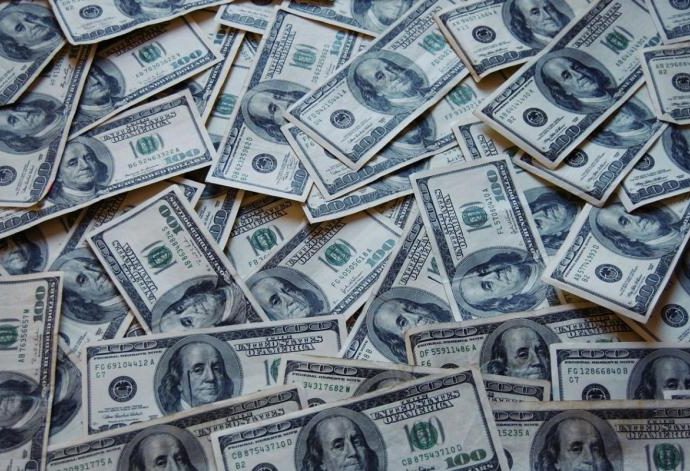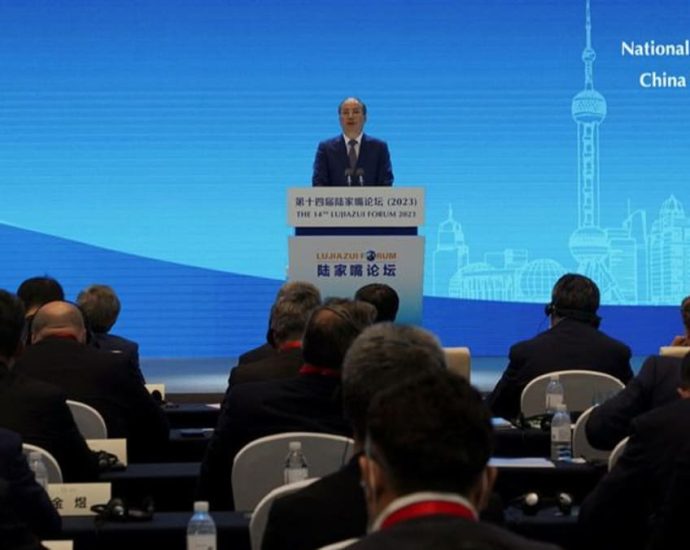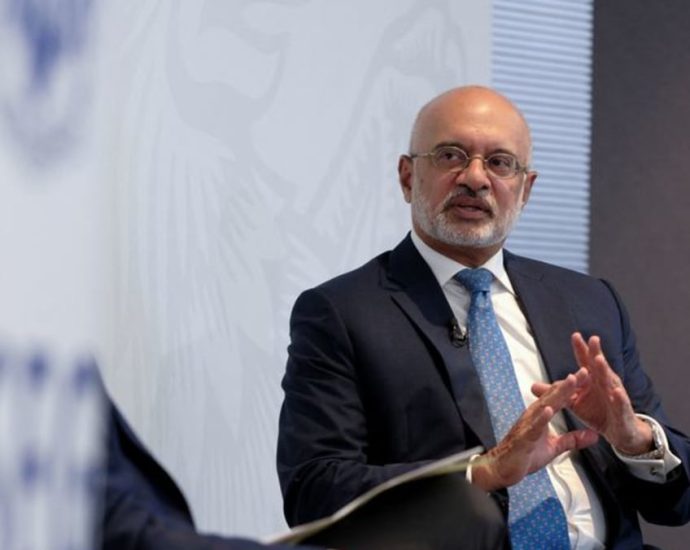Philippines says Catholic mass bombing ‘mastermind’ is dead
MANILA: The alleged mastermind of a bombing at a Catholic mass in the southern Philippines has died after a clash between members of a pro-Islamic State group and government troops, officials said on Monday (Feb 12). Four people were killed and dozens wounded in the Dec 3 attack on worshippersContinue Reading

















